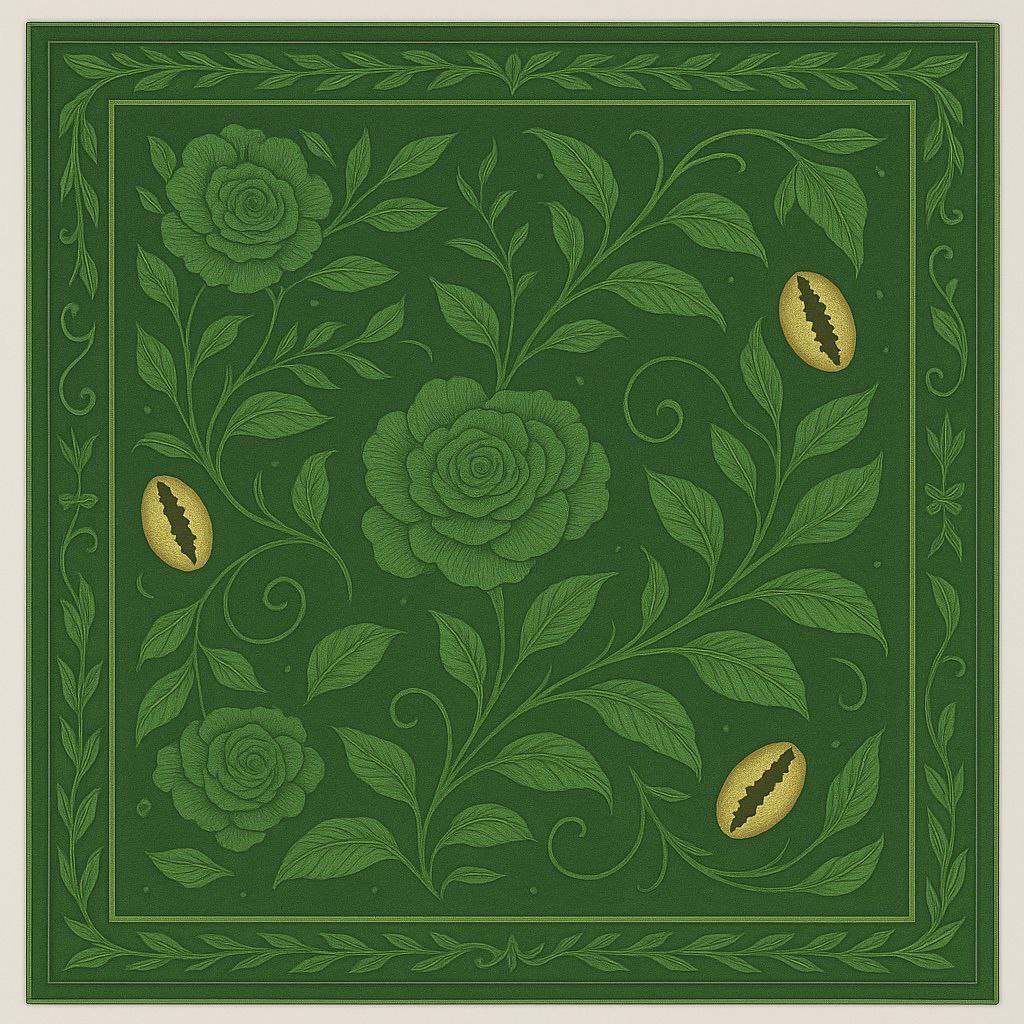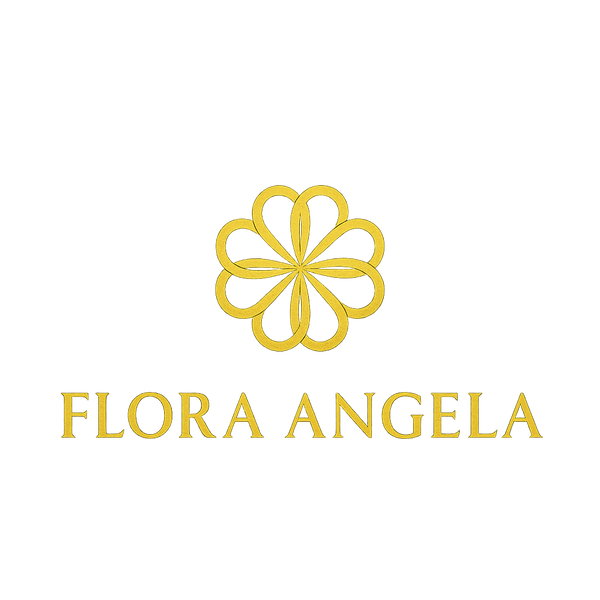
🌿 The Power of Medicinal Plants: Heritage, Uses and Forms of Consumption
Share
Since the earliest civilizations, medicinal plants have been natural allies of human health . Long before the advent of pharmaceutical laboratories, peoples all over the world used leaves, roots, flowers, and bark to treat, prevent, and balance the body and mind.
🕰️ A Millennial Heritage
The earliest traces of the medicinal use of plants date back more than 60,000 years . In Egypt, China, India, and among African peoples, plants were at the heart of traditional pharmacopoeias. St. John's wort , for example, was used in ancient Greece for its antidepressant and antiseptic properties [1] .
Even today, plants such as echinacea , ginseng , or devil's claw are being studied for their effects on immunity, concentration, or chronic inflammation [1] .
🌱 Varieties of medicinal plants and their benefits
Here are some essential plants and their uses:
- Lavender : relaxing, antibacterial, digestive
- Ginger : anti-inflammatory, antiviral, digestive stimulant
- Chamomile : sedative, anti-stress, digestive
- Thyme : antiseptic, expectorant, antioxidant
- Oregano : respiratory, digestive, antiseptic
- Garlic : antibacterial, immunostimulant, circulatory
- Dandelion : detoxifying, diuretic, for the liver
- Green mint : antispasmodic, carminative, digestive
- Calendula : healing, anti-inflammatory, dermatological [2]
These plants are available in herbalist shops, natural pharmacies, or directly in your garden.
🍵 In what forms should medicinal plants be consumed?
Plants can be prepared and consumed in different ways, depending on their properties and the part used:
🔹 Infusion
Ideal for delicate leaves and flowers (chamomile, lavender). Pour hot water over the plant and let it steep for 5 to 10 minutes.
🔹 Decoction
Used for roots, bark or seeds (ginger, dandelion). The plant is boiled to extract the active ingredients.
🔹 Mother dye
Maceration in alcohol, very concentrated. Used in drops for powerful effects (St. John's wort, echinacea).
🔹 Powder
Dried and powdered plant, often used in capsules or mixtures (ginseng, nettle).
🔹 Fluid or dry extracts
Used in pharmacies for compounded prescriptions or dietary supplements.
🔹 Oils and ointments
For topical application (calendula, arnica, aloe vera) [3] .
🌟 Why integrate medicinal plants into your daily life?
- They offer a natural alternative to chemical treatments.
- They often have no side effects when used correctly.
- They allow for a holistic approach to health: body, mind, and emotions.
🛍️ Call to Action: Explore our range of medicinal plants
Want to discover the benefits of plants in your life? 🌿 Our shop offers a selection of medicinal plants in all their forms : infusions, powders, tinctures, oils and ointments.
👉 Visit our store now and reconnect with natural wisdom.
